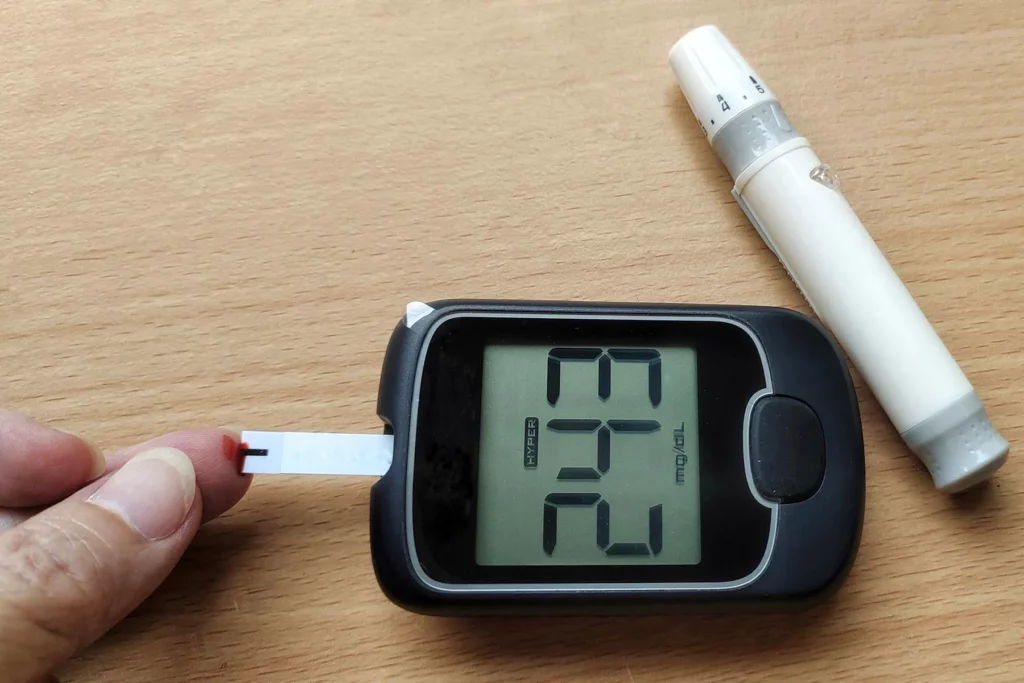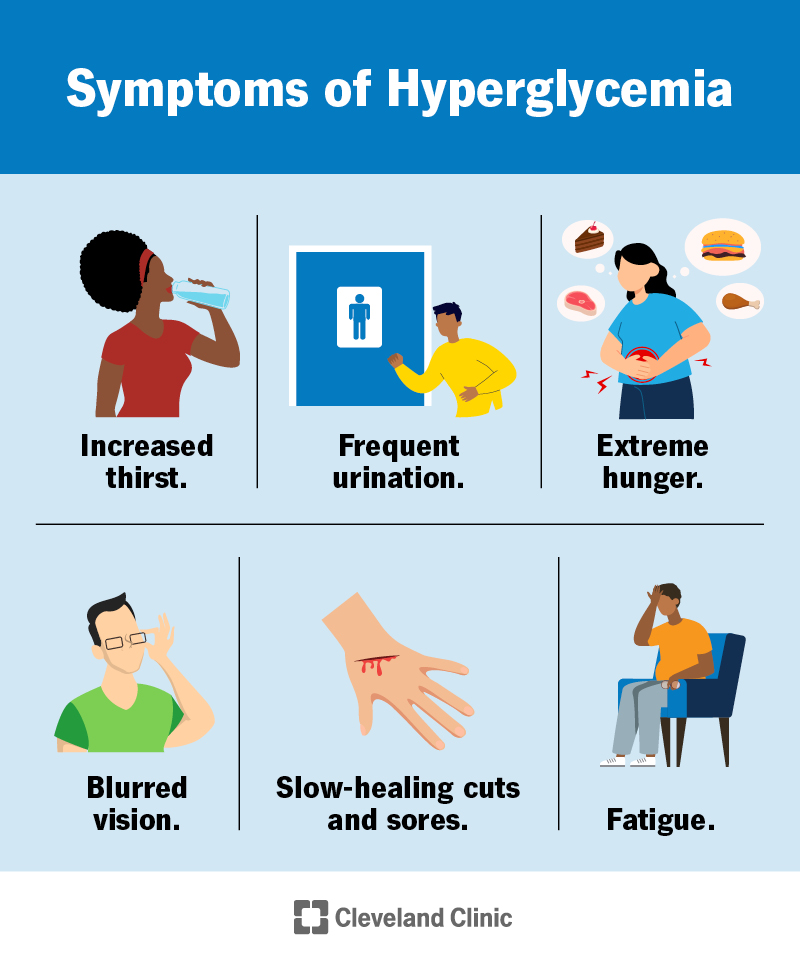Alcohol Consumption and Hyperglycemia: Understanding the Connection
In a world where social gatherings often include drinks and celebrations are marked by toasts, alcohol consumption has become a common activity. However, for individuals who manage diabetes or are at risk of hyperglycemia (high blood sugar), understanding the relationship between alcohol and blood sugar levels is crucial. This blog post aims to illuminate how alcohol affects hyperglycemia and what individuals should consider when integrating alcohol into their lifestyle.
What is Hyperglycemia?
Hyperglycemia occurs when the blood glucose levels exceed normal ranges, typically defined as higher than 130 mg/dL when fasting or above 180 mg/dL two hours after eating. Chronic hyperglycemia can lead to serious health complications, including nerve damage, kidney failure, and cardiovascular diseases. Generally, it is particularly critical for those with diabetes to maintain their blood sugar levels within the prescribed range, as they are more susceptible to the long-term effects of elevated glucose levels.

Alcohol and Blood Sugar Levels: How They Interact
When it comes to alcohol, the relationship with blood sugar is complex and influenced by several factors, including the type of alcohol consumed, the amount, and individual health status.
- Short-Term Effects: Initially, consuming alcohol can cause blood sugar levels to rise. This occurs because drinks that are high in sugar—like cocktails or sweet wines—contain carbohydrates that can spike blood glucose levels. However, alcohol can also produce the opposite effect. For example, in non-diabetic individuals, moderate consumption can lead to a decrease in blood sugar, particularly when alcohol is consumed on an empty stomach or in excessive amounts.
- Insulin Production: When alcohol is ingested, it is metabolized in the liver. If the liver is busy processing alcohol, it may not release glucose into the bloodstream as it typically would. This can potentially lead to a drop in blood sugar levels several hours after drinking, especially if the person has not eaten sufficient food. For individuals with diabetes who take insulin or other glucose-lowering medications, this can increase the risk of hypoglycemia (low blood sugar), creating a dangerous imbalance.
- Carbohydrate Content: Different alcoholic beverages contain varying amounts of carbohydrates, which can affect blood sugar levels differently. For example, light beer, dry wine, and spirits with zero-calorie mixers generally have a lower carbohydrate content compared to sweet cocktails and dessert wines. This makes them preferable choices for those seeking to manage their blood sugar levels.

Tips for Safe Alcohol Consumption
If you enjoy alcohol but are concerned about hyperglycemia, consider the following tips:
- Monitor Your Blood Sugar: Before, during, and after consuming alcohol, check your blood sugar levels to understand how your body reacts to different types and amounts of alcohol.
- Eat Before Drinking: Always consume alcohol with food. Eating a balanced meal, particularly one rich in complex carbohydrates and protein, can help mitigate blood sugar spikes and crashes.
- Choose Wisely: Opt for beverages with lower sugar content, such as dry wines or spirits mixed with calorie-free beverages. Avoid sugary cocktails that can cause rapid increases in blood glucose.
- Stay Hydrated: Drink plenty of water alongside alcoholic beverages. This can aid in hydration and may help dilute the effects of alcohol on blood sugar levels.
- Limit Intake: Moderation is key. The Centers for Disease Control and Prevention (CDC) suggests a moderate drinking limit—up to one drink a day for women and two for men. Maintaining this guideline can help prevent complications related to excessive alcohol consumption.
Conclusion
Understanding the relationship between alcohol consumption and hyperglycemia is essential for anyone managing diabetes or concerned about blood sugar levels. By being mindful of when, what, and how much you drink, you can enjoy social occasions without compromising your health. Always consult with a healthcare professional for personalized advice, especially if you are on medications or have underlying health conditions. Empowered with this knowledge, you can make informed decisions and maintain a balanced approach to alcohol in your life.

Grant Edward Rayner